George Washington Williams (1849–1891) was a 19th century American historian most famous for his History of the Negro Race in America from 1619 to 1880; as Negroes, as Slaves, as Soldiers, and as Citizens (1882), and A History of the Negro Troops in the War of the Rebellion, 1861–1865 (1887).
In 1890, Williams studied conditions in the Belgian Congo at the commission of President Benjamin Harrison and wrote to the Belgian Crown about the atrocities committed against Africans.
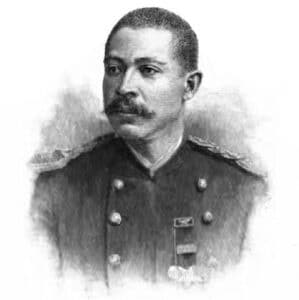
In his letter, “An Open Letter to His Serene Majesty Leopold II, King of the Belgians and Sovereign of the Independent State of Congo By Colonel, The Honorable Geo. W. Williams, of the United States of America” — which included twelve “general observations” of the brutal injustices happening in the Congo — Williams wrote, in part:
Against the deceit, fraud, robberies, arson, murder, slave-raiding, and general policy of cruelty of your Majesty’s Government to the natives, stands their record of unexampled patience, long-suffering and forgiving spirit, which put the boasted civilization and professed religion of your Majesty’s Government to the blush. . . .
All the crimes perpetrated in the Congo have been done in your name, and you must answer at the bar of Public Sentiment for the misgovernment of a people, whose lives and fortunes were entrusted to you . . .
I appeal to Anti-Slavery Societies in all parts of Christendom, to Philanthropists, Christians, Statesmen, and to the great mass of people everywhere, to call upon the Governments of Europe, to hasten the close of the tragedy your Majesty’s unlimited Monarchy is enacting in the Congo. [Continue reading.]
Although he hoped to spark a movement in protest of the Belgian government’s role in its African colony, little came of his effort in the United States. He moved to England to work on a book on Africa. Williams fell ill shortly after arriving in England and died at the age of 41. [Excerpted from Black Past.]
Williams is included in the lesson, Congo, Coltan, and Cell Phones: A People’s History.

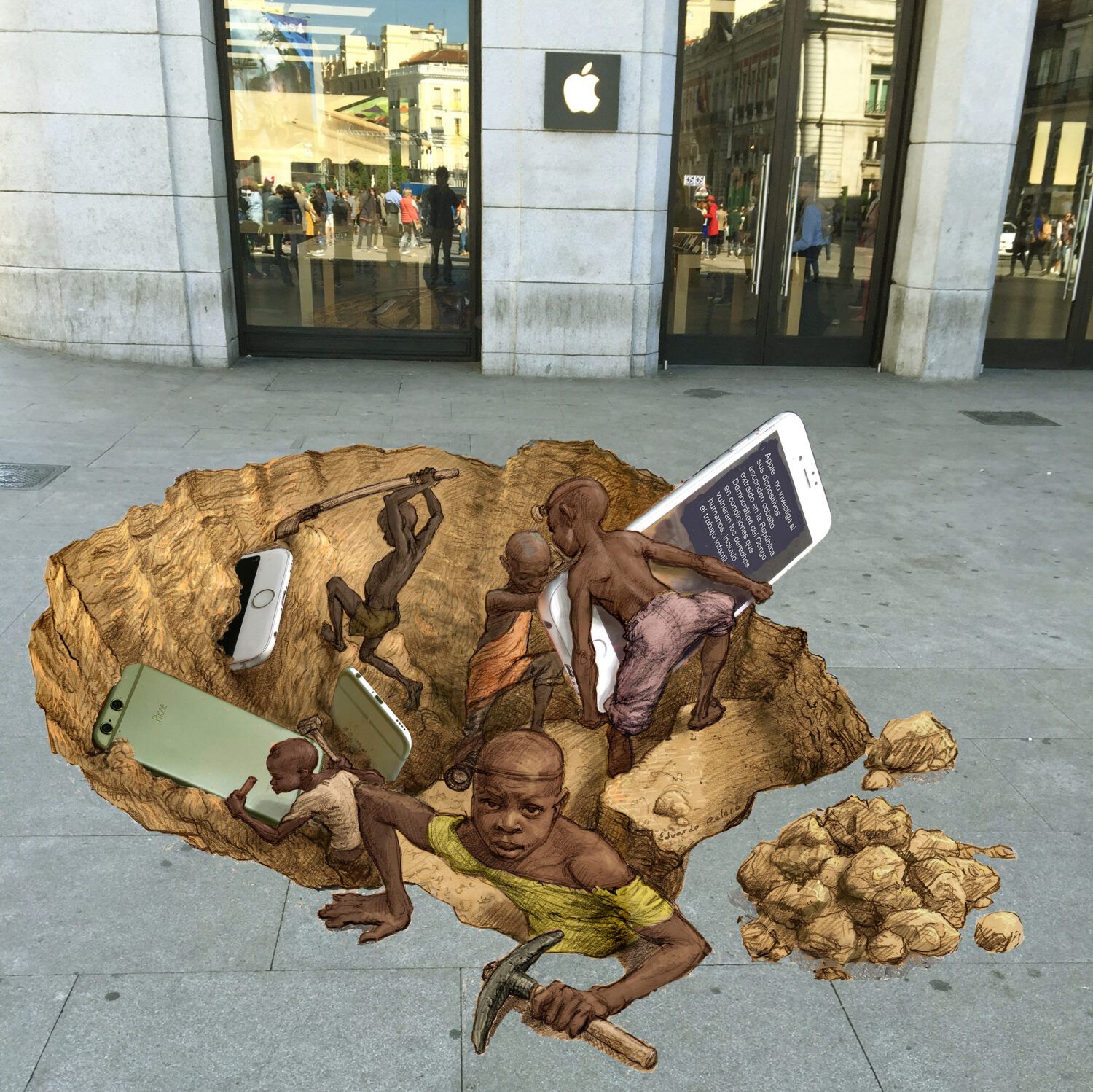
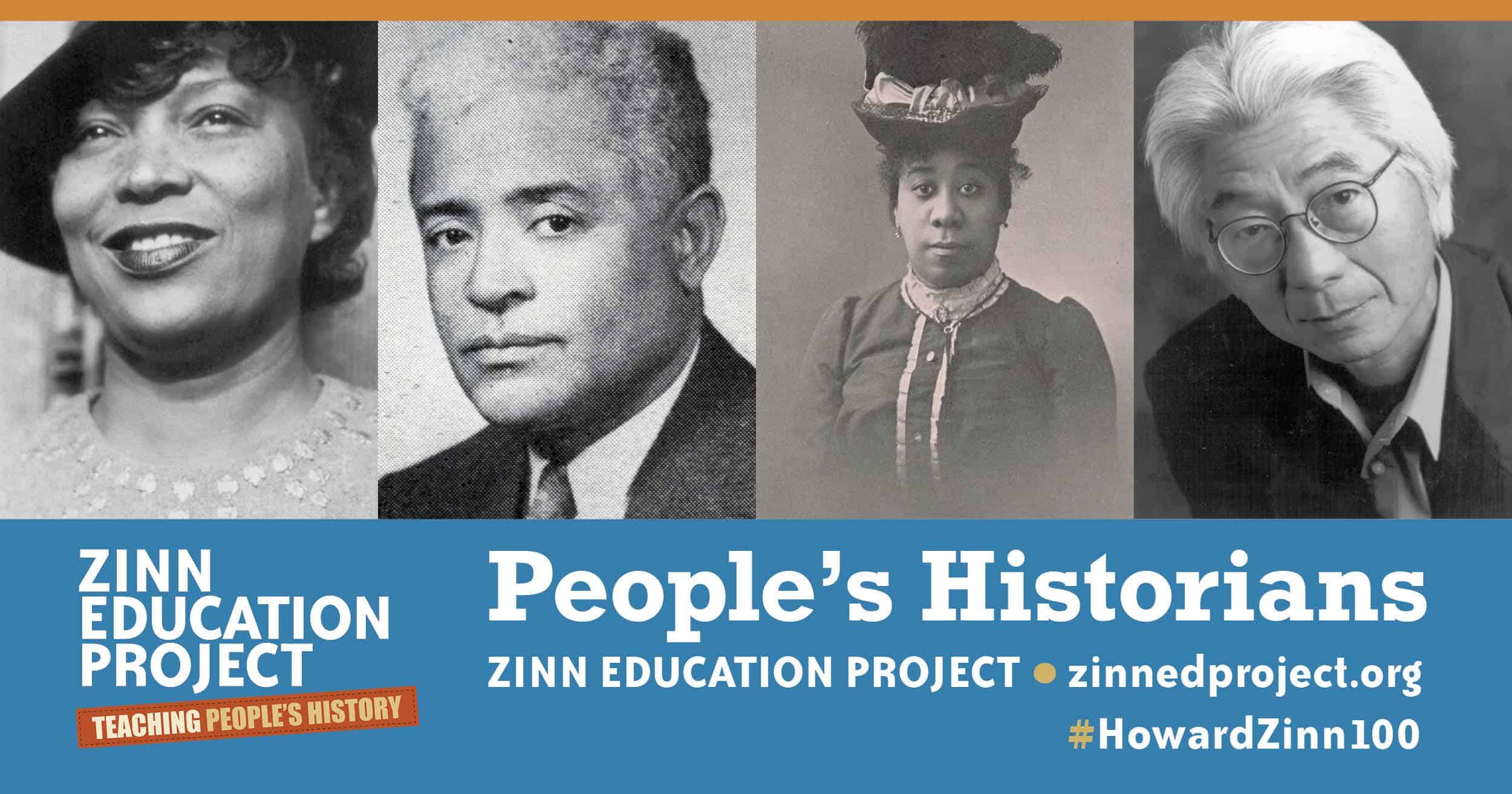
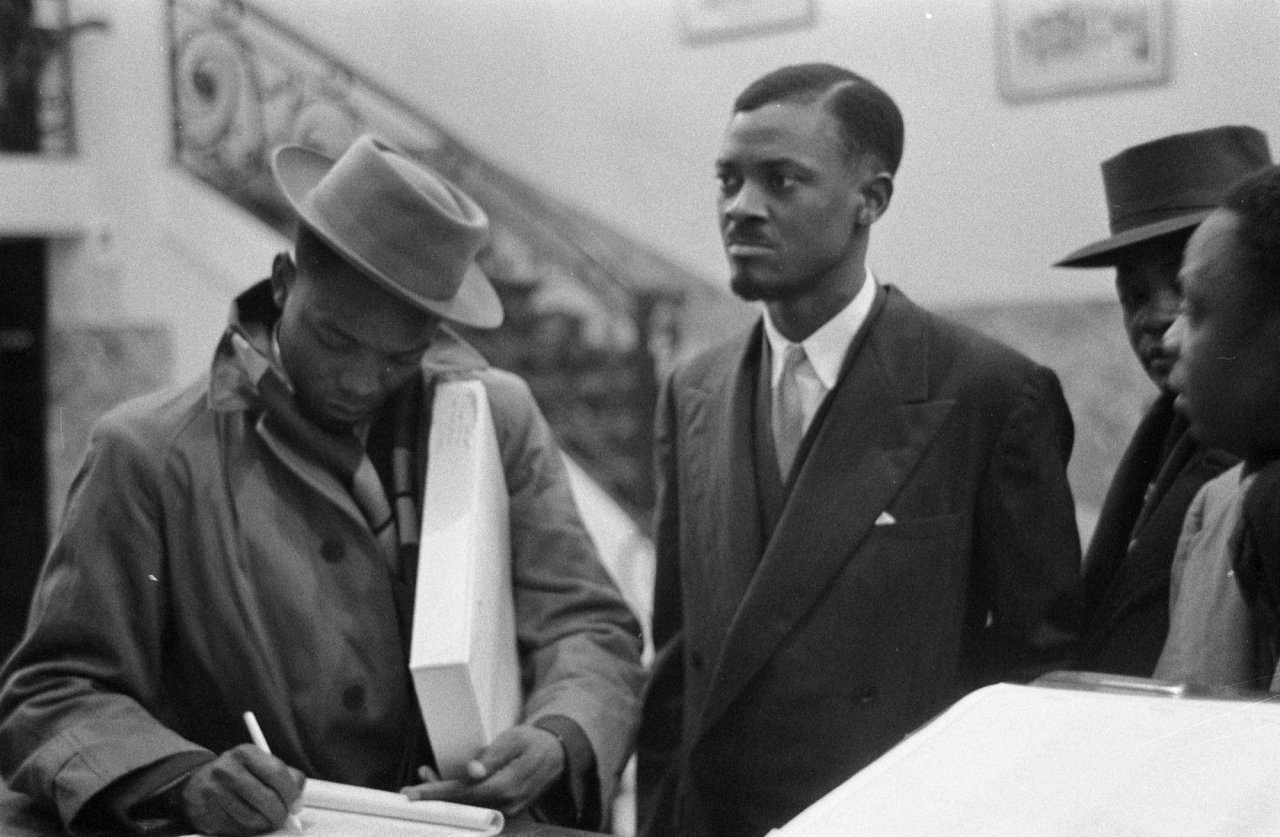
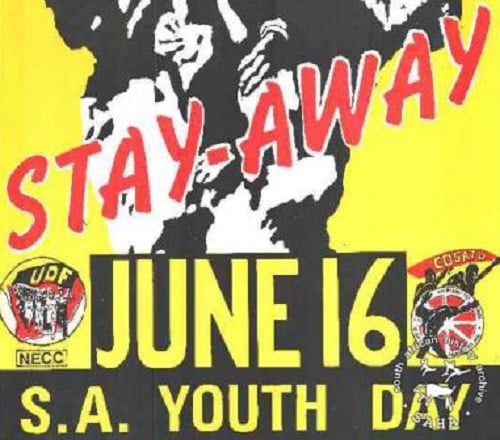





Twitter
Google plus
LinkedIn